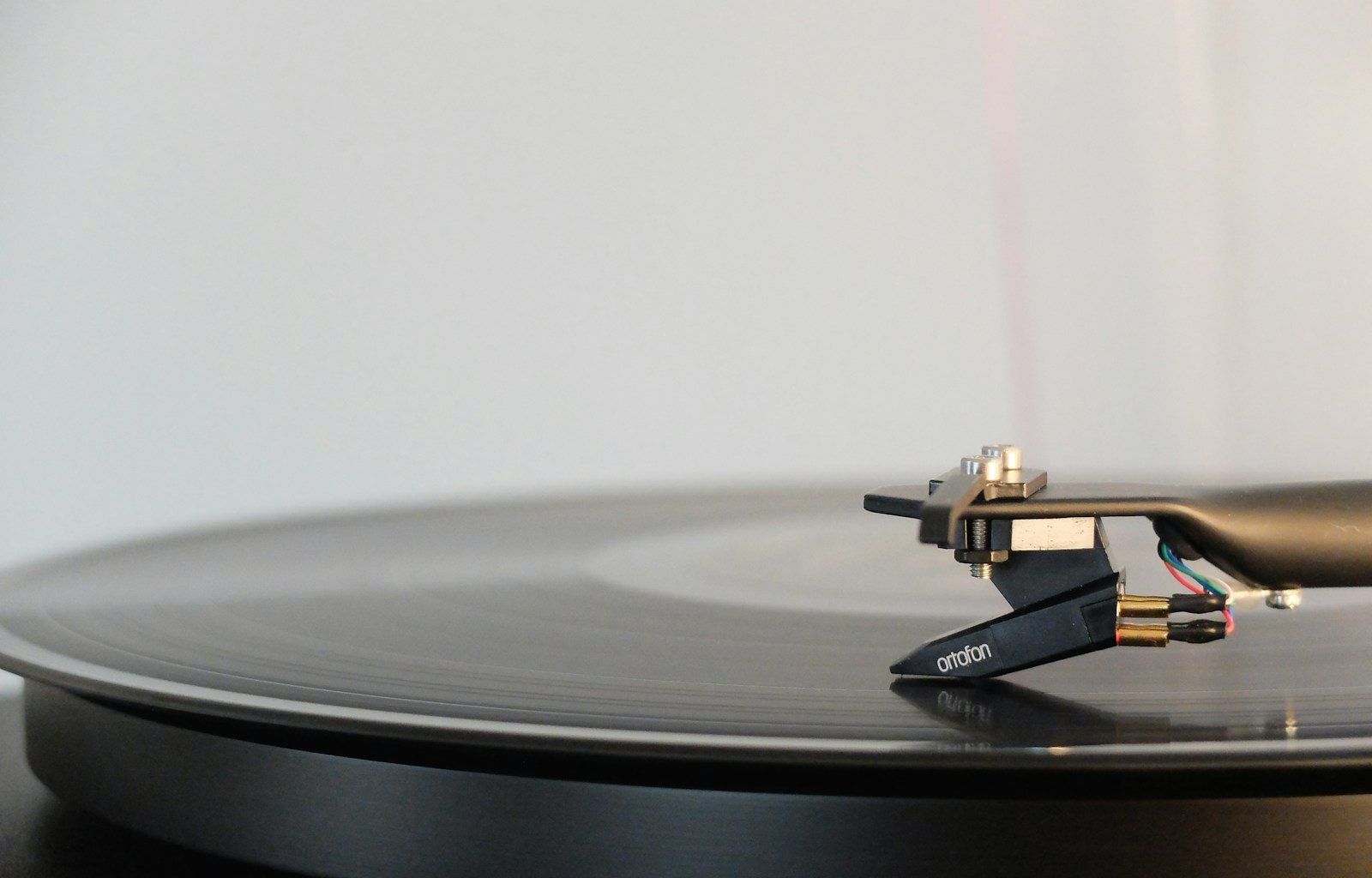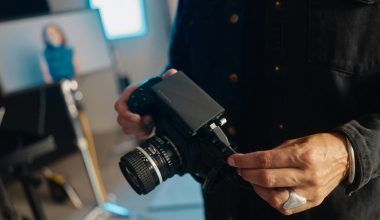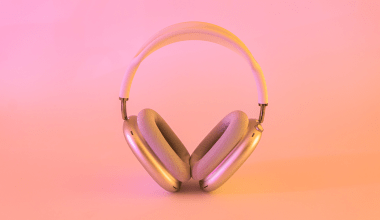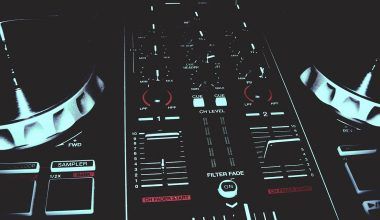Artificial Intelligence (AI) is no longer a futuristic concept; it’s here, and it’s changing the way we create, experience, and even enjoy music. From composing original melodies to enhancing audio quality, AI mastering music is quickly becoming an integral part of the music industry. But what does this mean for musicians, producers, and listeners alike? Let’s dive into how AI is reshaping the musical landscape.
What is AI Mastering Music?
AI mastering music refers to the use of artificial intelligence to automate, enhance, or assist in the creation and production of music. Unlike traditional methods, which often require extensive human expertise and time, AI can analyze data and make adjustments in seconds. It can mix tracks, balance audio, and even compose original pieces—tasks that used to take days or weeks.
But it’s not just about speed. AI tools are designed to mimic and even surpass human capabilities. They use machine learning algorithms trained on countless hours of music to understand nuances, patterns, and styles. This allows them to deliver high-quality results with minimal effort from the user.
How AI is Transforming Music Creation
Music creation has always been a deeply human endeavor, full of emotion and creativity. With AI stepping into the mix, some might wonder if the soul of music is at risk. However, AI doesn’t aim to replace artists; instead, it serves as a powerful tool that can amplify creativity.
For instance, platforms like Amper Music and AIVA use AI to help artists compose original tracks. These tools provide a foundation, allowing musicians to tweak and personalize the music to match their vision. In this way, AI becomes a collaborator, not a competitor.
AI can also analyze trends and listener preferences to suggest new directions for artists. Imagine being able to predict what kind of song your audience will love based on data. That’s the kind of insight AI brings to the table.
AI and Music Production: A Perfect Match
Music production is another area where AI is making waves. Traditional mastering involves balancing various elements of a track to make it sound polished and professional. This process often requires years of experience and expensive equipment. Now, AI mastering services like LANDR and eMastered are offering similar results at a fraction of the cost.
These platforms use advanced algorithms to analyze your track and make precise adjustments to volume, equalization, and compression. They ensure that your music sounds great on any device, whether it’s a high-end speaker or a smartphone. And the best part? It’s incredibly user-friendly. Even if you’re new to music production, you can achieve professional-quality results with just a few clicks.
The Role of AI in Enhancing Audio Quality
AI is also revolutionizing how we experience music by enhancing audio quality. Tools like iZotope’s RX series use AI to clean up recordings, remove background noise, and restore old or damaged audio. This is particularly useful for podcasters, sound engineers, and even archivists working to preserve historical recordings.
Moreover, AI can adapt to different genres and styles. Whether you’re working on a classical symphony or a hip-hop track, AI tools can tailor their approach to suit the specific needs of your project. This versatility makes them invaluable for artists and producers of all levels.
How AI is Changing Live Performances
Live performances are another area where AI is leaving its mark. From real-time sound adjustments to virtual concerts, AI is enhancing how artists connect with their audience. For example, AI-powered tools can analyze acoustics in real-time and adjust settings to ensure the best possible sound quality during a concert.
Virtual concerts have also become a popular trend, especially in the wake of the COVID-19 pandemic. AI helps create immersive experiences by generating realistic visuals and even interactive elements for online audiences. It’s a new way of experiencing live music, and it’s only getting better.
The Ethical Side of AI in Music
As with any technological advancement, the rise of AI in music comes with its own set of ethical questions. Who owns a song created by AI? Can AI-generated music be copyrighted? And what happens to human jobs in the music industry?
These are valid concerns, and the industry is still navigating these uncharted waters. However, many experts believe that AI will create new opportunities rather than eliminate existing ones. For instance, while AI can handle technical aspects, it still relies on human input for creativity and emotion. Artists and producers will always play a crucial role in shaping the final product.
The Benefits of AI in Music
The advantages of AI mastering music are hard to ignore. For one, it makes music production more accessible. You no longer need to spend thousands of dollars on studio time or equipment to produce high-quality tracks. This democratization of music production allows more people to express themselves creatively.
AI also saves time. Tasks that used to take hours or days can now be completed in minutes. This gives artists more freedom to focus on what really matters: making great music.
Finally, AI opens up new possibilities for innovation. From generating unique sounds to creating entirely new genres, the potential is limitless. Artists can push boundaries and explore uncharted territories with the help of AI.
Challenges and Limitations
While AI offers numerous benefits, it’s not without its challenges. One major limitation is the lack of emotional depth. AI can mimic styles and patterns, but it struggles to capture the raw emotion that makes music so powerful. This is why human input remains essential.
Another challenge is the risk of homogenization. Since AI often relies on existing data, there’s a chance it could lead to music that sounds too similar. To counter this, developers are working on ways to make AI more innovative and less reliant on predefined patterns.
What’s Next for AI in Music?
The future of AI mastering music is bright. As technology continues to evolve, we can expect even more advanced tools and applications. For example, AI could be used to create personalized playlists based on your mood or generate real-time accompaniments for live performances.
We might also see more collaborations between AI and human artists. Imagine an album co-created by a musician and an AI, blending human emotion with machine precision. The possibilities are endless, and the journey has just begun.
How You Can Get Started
If you’re curious about using AI for music, now is the perfect time to dive in. Start by exploring tools like LANDR, Amper Music, or iZotope. These platforms are designed to be user-friendly, so you don’t need any technical expertise to get started.
Experiment with different features and see how AI can enhance your creative process. Whether you’re an aspiring musician or an experienced producer, there’s something for everyone in the world of AI mastering music.
Conclusion
AI is transforming the music industry in ways we could only dream of a few years ago. From simplifying production to enhancing creativity, it’s opening up new possibilities for artists and listeners alike. While challenges remain, the potential benefits far outweigh the drawbacks. By embracing AI, we can take music to new heights and create a richer, more diverse sonic landscape.
So, whether you’re a musician looking to experiment or a listener eager to discover new sounds, AI mastering music is something worth exploring. The future of music is here, and it’s powered by AI.
For further reading, explore these related articles:
- The Story of Kesha: A Journey of Music, Strength, and Inspiration
- Exploring the World’s Smallest Speaker: Tiny but Powerful!
For additional resources on music marketing and distribution, visit Deliver My Tune.






